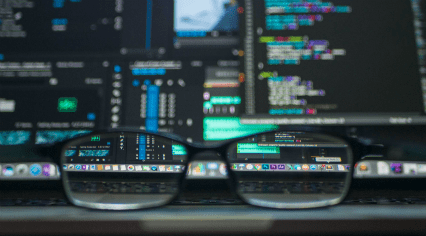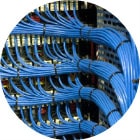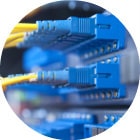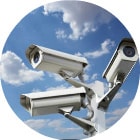If work is changing, so are the technologies around it, as well as the number of technologies that will be used to complete tasks. The technologies that will become mainstream in, let’s say 5 years, are already in use in some enterprises. Companies should pay attention to 7 in particular when planning.
Anyone working in a modern organization will probably have come across AI in some area of their workplace. What’s not so clear is what broader impact AI will have on the workplace.
A wide spectrum of analysts and executives believe AI will create jobs. But, there are just as many who believe AI may completely destroy jobs and redesign the digital workplace, rendering the need for human employees useless.
However you look at it, chances are that very few jobs will remain untouched by AI.
2. Robo-bosses?
If you break down what managers do daily, its clear AI or bots could perform at least some of it.
They can hire, fire, carry out job performance reviews and even manage projects.
If you deconstruct what most managers do every single day, there’s a great opportunity to automate many of those tasks. It’s not that AI replaces managers, but rather that they will complement them.
Workers are reporting to algorithms in some cases, where the algorithm has already replaced human managers to a certain extent.
3. ‘Smart’ Workplaces
Workplaces will inevitably continue to get smarter. As they become smarter, applications will start to manage and supervise smart buildings. These apps will automatically assign workplaces and assign parking spaces, while smart badges gather information about your experience with the building.
When you work in a digital workspace, you improve ‘digital dexterity’. Digital dexterity is the ability and willingness of employees to use existing as well as emerging technology. Technology is playing a bigger part in everyone’s workplace, not just the IT department, and the ability to use these technologies will be key.
4. Virtual Personal Assistants (VPA)
As we grow more ambitious with machine learning algorithms and more familiar with automation possibilities, Virtual Personal Assistants (VPA) will enter the workspace.
If you think about it, consumers are already using VPAs in the form of Alexa, Siri, and Google in their daily lives.
Rather than a single personal assistant found outside the workplace, companies are more likely to employ several of VPAs for all kinds of tasks such as training, calendar management and more. These virtual assistants will not only speak to you but will also begin ‘talking’ and coordinating with each other.
In fact, Google has already found a way to dramatically improve the cadence and intonation of computer-generated speech. (You can read more about this in one of our previous blogs here.)
5. The Freelance Economy
The concept of a freelance economy or a ‘gig’ economy is nothing new. There has always been an economy in certain professions where work was farmed out to freelance workers.
There are already platforms emerging that match people with work tasks, or freelancers with jobs. Take TaskRabbit for example.
Jobs can be broken down between internal and external. External jobs will be rewarded with money; internal, or enterprises jobs will be rewarded with career advancement.
To bring your business technology up to speed, Call 614-279-9969, or contact for your free quote.









